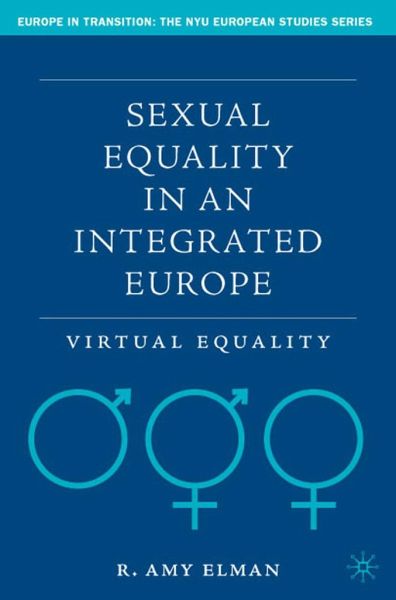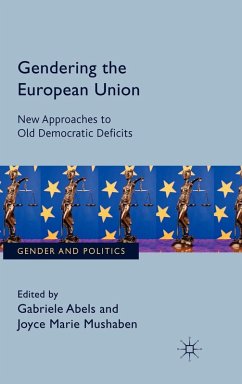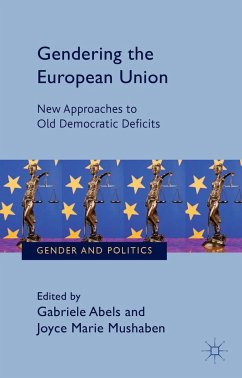
Sexual Equality in an Integrated Europe
Virtual Equality
Versandkostenfrei!
Versandfertig in 6-10 Tagen
38,99 €
inkl. MwSt.

PAYBACK Punkte
19 °P sammeln!
This book examines the role of 'Europe' in defining, maintaining, constructing, and remedying sex discrimination. The author investigates the origins, institutions, and policies associated with recent European Union efforts to stem violence against women, sex trafficking, racism, and heterosexism.














